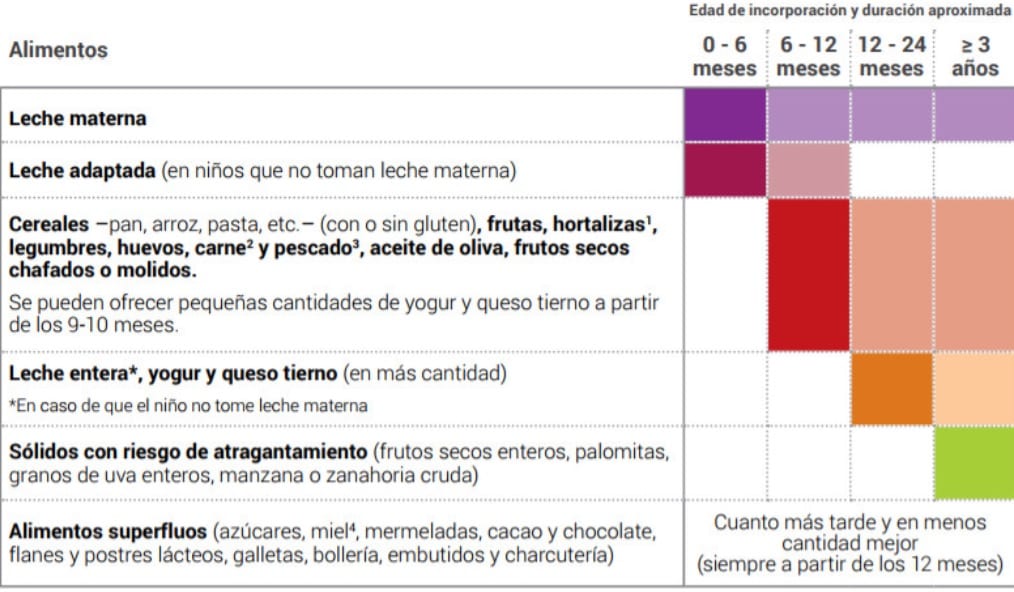
La introduction of eggs in the baby's diet is one of the most frequently asked questions in pediatric consultations and pediatric nutrition, as soon as the baby begins supplementary feeding. You will have read advice not to give eggs before 10 months, and even with an exact pattern (cooked yolk first and cooked white after 12 months).
But the truth is that these recommendations are currently exceeded because they are already several studies are known that demonstrate a relationship between offer foods considered 'allergenic' from 6 months, and a decrease in the risk of the appearance of allergies. This is what happens with the egg: a food of great nutritional value that contains high quality proteins and all the essential amino acids.
And yet is a food that can potentially trigger allergic reactions, and non-IgE-mediated allergies. An SEICAP document we read that:
You can have an allergy only to the white (the most frequent), to the white and the yellow yolk (the second most frequent), or only to the yolk (the least frequent). The white is allergy more often than the yolk, since it contains more proteins
Egg from 6 months.

Pediatrician Jesús Garrido rectifies in this post some guidelines he wrote years ago, and concludes that "You can take eggs as long as you show interest in doing so" (always after 6 months when breastfeeding / artificial feeding would cease to be exclusive). The only limitation is that to avoid salmonellosis it should be well cooked. That is why in the feeding sheet given to mothers and fathers in the consultation, specifies that it should not be offered crude before 2 years.
Recently the Generalitat de Catalunya has drawn up a Guide with feeding recommendations in early childhood (0 to 3 years), from which I extract the table that you can see below, which reaffirms that the egg can be introduced from 6 months, both the yolk and the white.

Egg allergy.
As I have commented, introducing this food from 6 months, could reduce the danger of allergy, although it is true, that allergic reactions to eggs appear mostly in infants of about one year. Symptoms are similar to other allergies (atopic dermatitis, inflammation, and more serious manifestations such as conjunctivitis, digestive discomfort, and anaphylaxis in the worst case).
The child may have come into contact with the egg through breast milk or through traces, and present the symptoms as soon as he eats eggs for the first time. Then all contact with eggs or foods that contain it should be avoided (meringues, cakes, custard, etc), as well as with components that could be present in medicines or ingredients such as soy lecithin.

If you have a child who is allergic to or to any other food, you should know that in case of coming into contact and presenting symptoms, you will administer the medication indicated by the doctor, and adrenalina if you suffer from anaphylaxis.